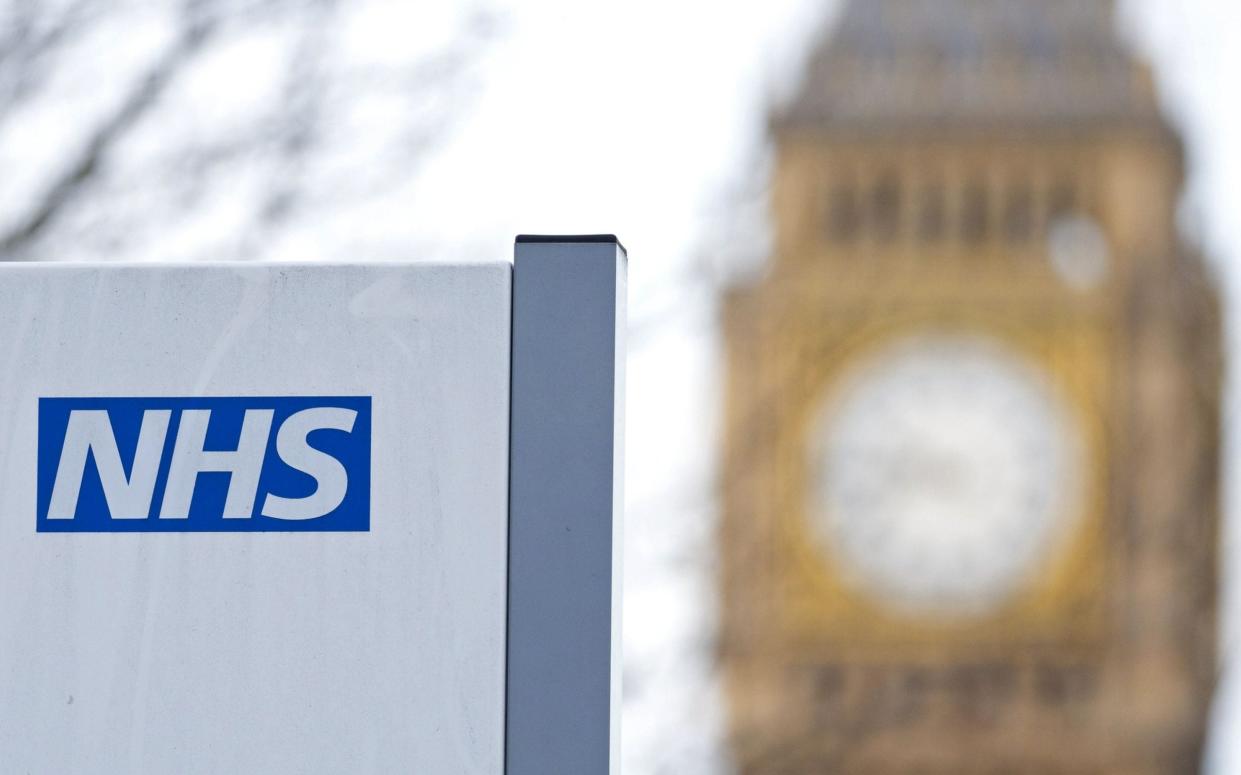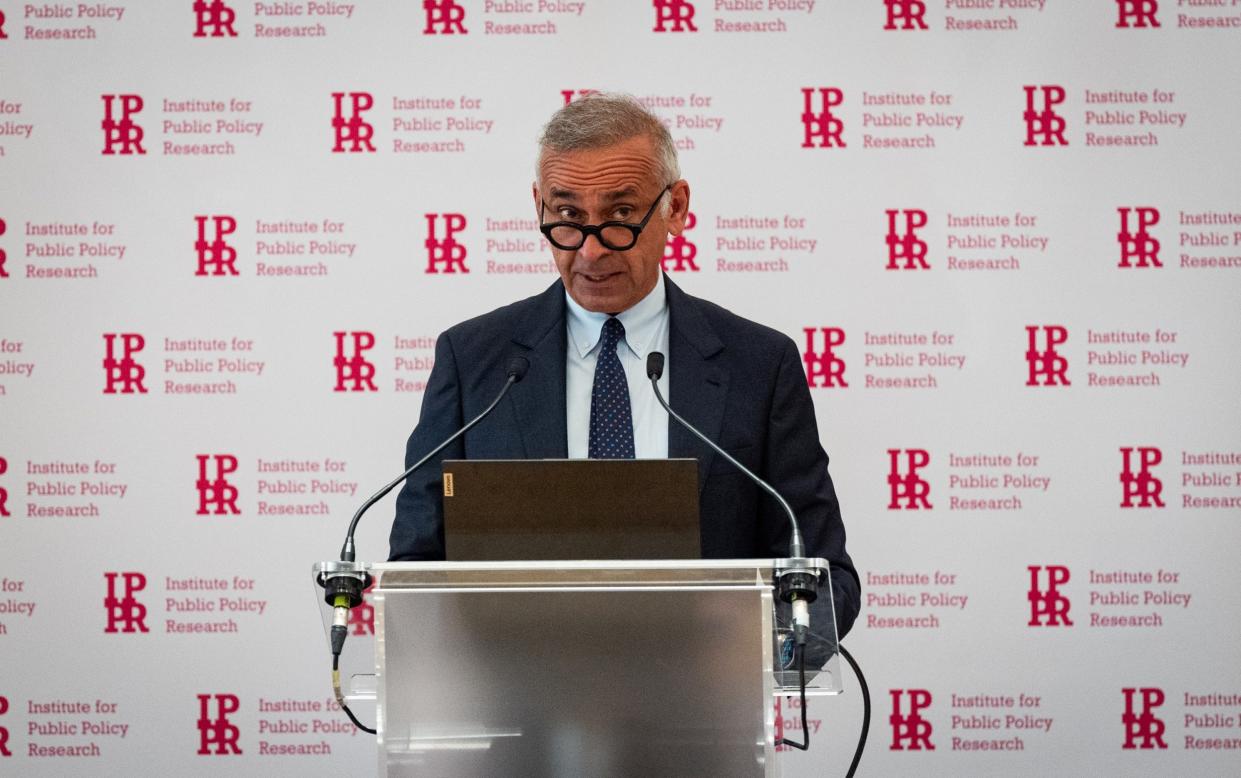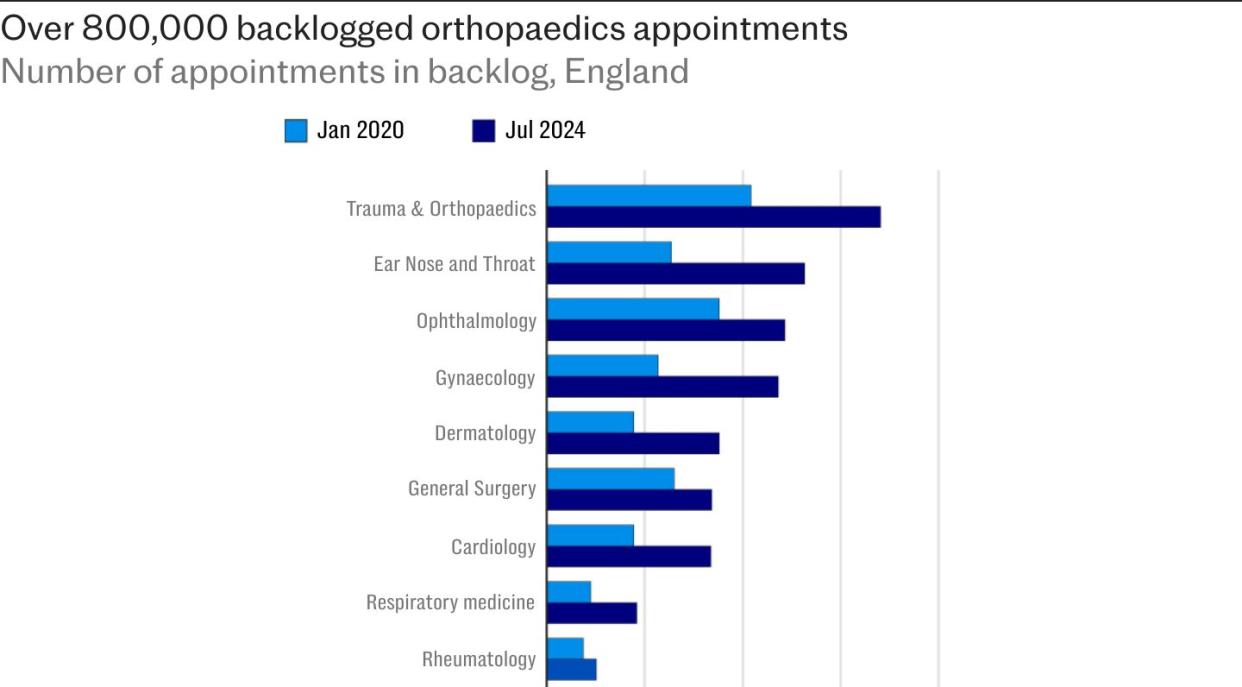Abolish the NHS to save lives, institute demands

The NHS should be abolished to save lives, a paper by the Institute of Economic Affairs, said on Thursday.
The report called for the health service to be replaced with a system of social insurance, showing that countries that have such models have far superior outcomes.
The think tank’s study revealed that Britain has almost the highest levels of deaths that could have been avoided with the right treatment, second only to Greece.
It comes as a separate report by the think tank, Policy Exchange, called for an overhaul of NHS management – including scrapping NHS England, which is responsible for the health service’s £165 billion annual budget.
The 170-page report – welcomed by Jeremt Hunt, the shadow chancellor and former health secretary – found more than four in five hospital trusts had not fired a manager in the last year for poor performance or misconduct.
Mr Hunt said there were “a range of bold and pragmatic proposals that ought to be carefully considered by the Government”.
“It is without doubt that effective management is a requirement if we want to deliver a high-performing and more productive NHS – something which was clear to me throughout my tenure as health secretary,” he said.
The health service is under close scrutiny with an independent investigation by Lord Darzi in September declaring the NHS in a “critical condition”.
On Wednesday, Wes Streeting said his findings would force him to “take on both left and right-wing orthodoxies”.
He said the Left must accept NHS reforms or the health service would “die”.

But he said the Right should accept that without “nanny state” measures to improve public health, healthcare costs would rise, meaning higher taxes.
The report by the Institute of Economic Affairs (IEA) points to a “huge shift in public opinion” with Britons increasingly likely to say the NHS is worse than healthcare systems in other European countries.
According to a YouGov poll, 29 per cent of Britons say the NHS is worse than European healthcare systems, up from 11 per cent in 2021.
The study highlights countries including the Netherlands, the Czech Republic, Slovakia, and the former East Germany which have moved away from systems similar to the NHS, and improved outcomes.
It says the Netherlands, which has always had some kind of social insurance system, but moved away from heavy regulation to a market based approach, could provide a blueprint for how to reform care.
Even before the pandemic, the UK had waiting times around twice as long as those of the Netherlands for many common procedures.
For common types of cancer the UK’s survival rates are among the lowest in Western Europe, it says.
The report, called The Denationalisation of Healthcare, calls for a transition to such systems, which have private insurers and providers competing for customers.
All health insurers would be obliged to provide a minimum package, which would automatically be given to all citizens as a default option, while taxes were replaced with health insurance contributions.
Hospitals and other healthcare providers would be turned into freestanding independent companies, potentially being floated on the stock exchange.
And it says national pay scales should be phased out, and a free medical labour market introduced.
Dr Kristian Niemietz, the report author and IEA editorial director, said: “Until not even three years ago, the NHS used to be Britain’s most revered sacred cow, and criticising it was the ultimate social taboo.
“Now, three out of ten people say openly that some of the continental European health systems deliver better-quality healthcare than the NHS does. I have rarely seen a social taboo lose its bite so quickly: there has been a dramatic shift in what people feel they are allowed to say in public.”

The Department of Health and Social Care has been approached for comment.
Matthew Taylor, the chief executive of the NHS Confederation, said: “Switching to a social health insurance or other alternative funding model for the NHS is a misguided argument that many independent think tanks have concluded will make no difference to health outcomes.
“If anything, it’s a distraction when what really matters is the level of investment rather than the model of funding.”
He said research carried out by Ipsos on behalf of the NHS Confederation found a high level of support for the founding principles of the NHS, with 87 per cent saying it should be comprehensive and free.
The Policy Exchange report said the 15,000 employees at NHS England should be replaced by an NHS management board within the Department of Health, while failing managers at local NHS providers should be disbarred.
In response to the Policy Exchange report, an NHS spokesman, said: “As Lord Darzi has said, a reorganisation of NHS England is neither necessary nor desirable, and it was a top-down reorganisation in 2012 – similar to what Policy Exchange is recommending today – that Lord Darzi found was a calamity without international precedent.”
He said NHS England would continue to work closely with the Department of Health and Social Care, including on a 10-year plan, and pointed out that staff numbers at NHS England have fallen by more than one third since 2022.
A Department of Health and Social Care spokesman said: “The NHS needs fundamental reform, but as the Secretary of State has repeatedly said, we remain committed to providing a public service, free at the point of use.”
He said Lord Darzi’s investigation “found nothing that draws into question the principles of a health service that is taxpayer funded, free at the point of use, and based on need not ability to pay”.
It also found that the 2012 top down reorganisation of the NHS did lasting damage.
The spokesman said: “The Secretary of State has been clear that the NHS needs radical reform, but the last thing patients on a waiting list want is years and billions of pounds wasted on another top-down reorganisation.”


